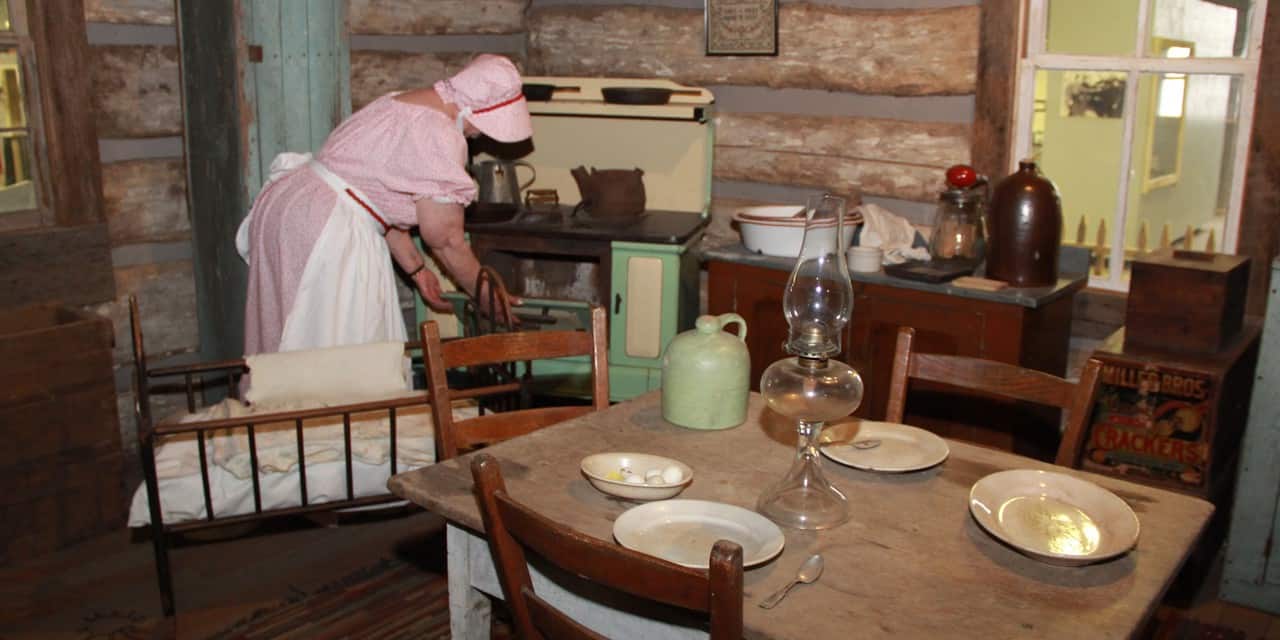Relive Generations of Stories Being Passed Down!
Dubois County was created on December 20, 1817, named after Captain Toussaint Dubois who served with William Henry Harrison as an Indian scout. Captain Dubois bought land in 1807 in what is now considered Dubois County.
The land was close to the Buffalo Trace which cut through the northern part of the county. The Buffalo Trace was a path through the thick woods of Dubois County made by Eastern Buffalo. The Buffalo died out in the area in 1790 after a severe winter that covered the bison’s food supply and led them to starvation.
The pronounced path of the Buffalo Trace and the White River in the northern part of the county gave many people easy access to transportation and trade which made this area great to settle. As a result, Portersville became the first county seat.
The first people settled the county just south of Portersville. The Irish Settlement started about the same time. More and more people began to settle the area in different parts of the county. This began to make it difficult for families to travel to the county seat to pay their taxes, obtain licenses, attend court, or do other business. Many were forced to stay overnight in Portersville or camp somewhere along their journey.
The legislature of Indiana passed an act that required the county seat to be centrally located within the county to make it possible for people to travel back and forth in one day to conduct their business. As a result, in 1830 the county seat moved from Portersville to Jasper.
German immigrants began to migrate to the area in the 1840s because of a local priest, Joseph Kundek. Kundek was able to speak and understand German, English, and French, and encouraged the immigrants to write to their German families and tell them of the opportunities that awaited them here.
In the meantime, other towns were also being formed. Huntingburg was established in 1839, Ferdinand in 1840, and Holland in 1859, all of which are incorporated today. Other towns were also formed such as Dubois, Celestine, Schnellville, St. Anthony, Kyana, Duff, Hillham, Crystal, St. Marks, Birdseye, Mentor, St. Henry, Bretzville, and Johnsburg.
Dubois County was rich with natural resources that helped industries form a solid base to grow. German immigrants were naturally excellent craftsman. With the aid of the rich forests they began building furniture.
Visit the Dubois County Museum to learn more about the rich history and heritage of this area!

